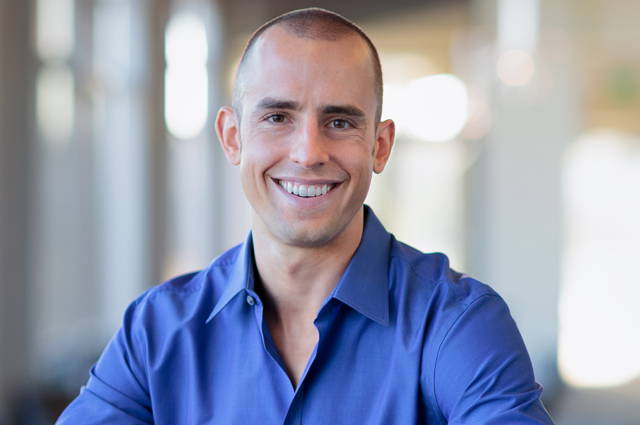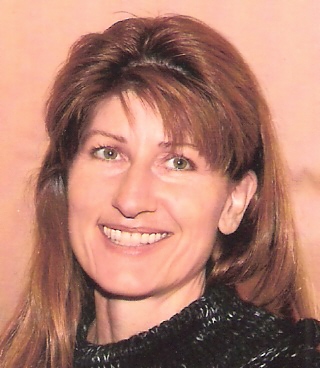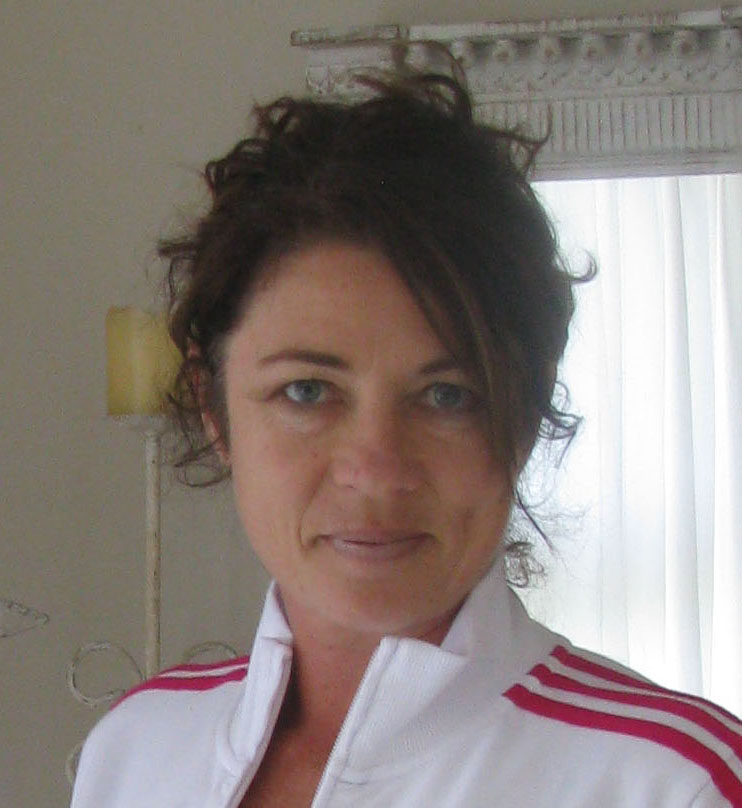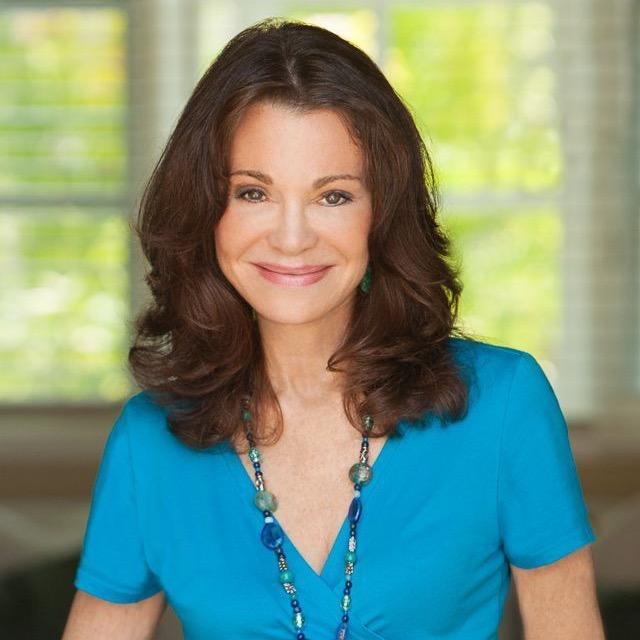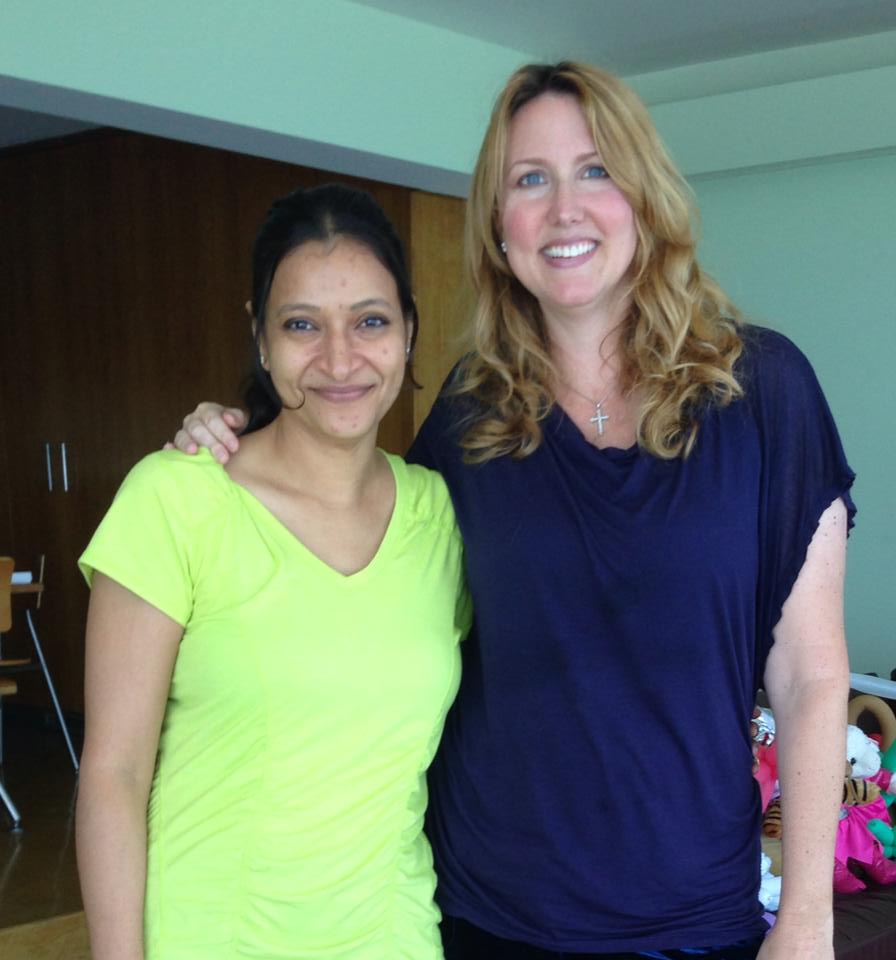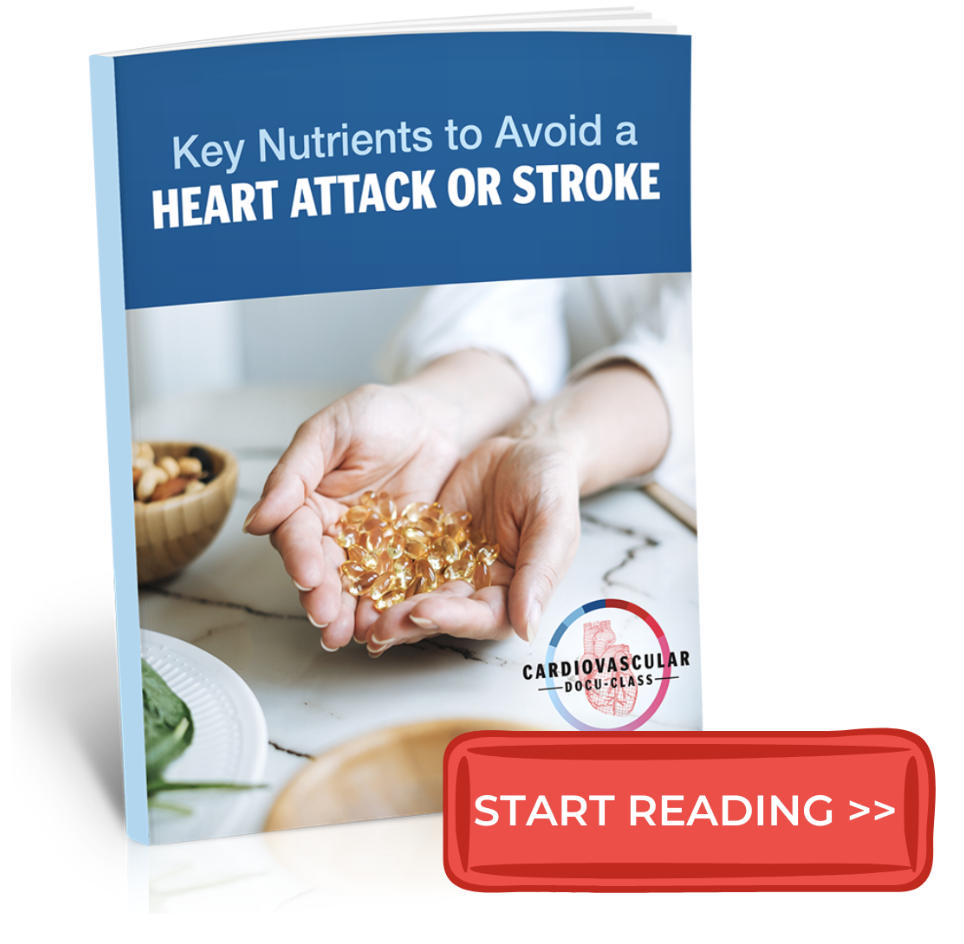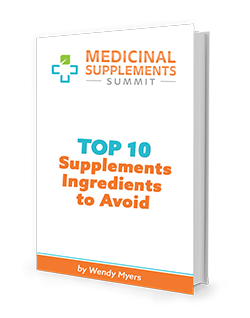Listen
Listen to this podcast or watch the video. CLICK HERE
Transcript
- 07:22 Journey Behind The Calorie Myth
- 14:42 What is wrong with the calories in calories out theory?
- 18:19 S.A.N.E Diet
- 22:46 Exercise for 10-20 minutes a week!
Wendy Myers: Welcome to the Live to 110 Podcast. I’m your host, Wendy Myers and you can find me on myersdetox.com. Allow me to introduce my co-host, General Leigh of generalleigh.com.
Leigh Lowery: Hi, Everybody!
Wendy Myers: So, how was your week?
Leigh Lowery: It was awesome. It was filled with holiday and food and fun. But I’m ready for the New Year. I’m really excited where we’re at right now, working.
Wendy Myers: I know. It’s going to be such a good year I’m so excited. I can’t even tell you all the stuff that I want to share with the listeners and I’ve booked some amazing podcast guests. And I’ve got my book, The Modern People’s Survival Guide, coming out. And then, I’m going to start on the cookbook, the companion cookbook.
Leigh Lowery: Big year.
Wendy Myers: And I’m just really excited. Yeah and so, today we’re going to be interviewing Jonathan Bailor of thesmarterscienceofslim.com and he’s also the author of the new book The Calorie Myth. We’re going to be discussing his theory that you can eat more and exercise less and still lose weight. It totally works for me. Jonathan has studied thousands of pages of academic research over the last decade and cites about 1,200 studies to write this book. He’s basically been studying health and weight loss for the last decade and he’s going to be sharing his expertise today on the show so forget everything that you’ve learned.
Leigh Lowery: Yay! Well, here we go. Here’s the disclaimer. Please keep in mind that this program is not intended to diagnose or treat any disease or health condition and it’s not a substitute for professional medical advice. The Live to 110 Podcast is solely informational in nature. Please consult your health care practitioner before engaging in any treatment we suggest on this show. And everyone, if you’d like what you hear on this show. Please give the Live110 Podcast a nice review and rating on iTunes. This will help people around the world to find us easier. We would appreciate it so much.
Wendy Myers: Yes, we would. Please take two minutes to go on iTunes and give us some nice little review. Hopefully, not a scathing review, a nice one.
Leigh Lowery: Haha. Didn’t you write a review on your site on Jonathan’s book that we’re about to talk about?
Wendy Myers: Yeah, I did. I tend write book reviews from here on there. About books that I’m really excited about or I really like. Jonathan, he’s been a guest on the show before and he was nice enough to give me an advance copy that I was able to gobble up over the holidays and so I wrote a review on it. And it’s a really good book. It’s brilliant. Actually, it’s kind of a short book. It’s 50,000 words and so it’s very easily digestible. It has so many practical tips for diet and exercise. His website thesmarterscienceofslim.com, you can go on there and find hundreds of recipes to go on with his same approach of eating. It’s a really good. I really like it. Very simply written and I really recommend it.
Leigh Lowery: And then I think you know, one of the things that we’re talking about earlier is, how we count the calories. I don’t know but back in the days, one of the things that I used to do, especially in the college days, is I would eat a ton of food and I would count my calories up but then I would lose track during the day and I would have like a pizza roll, two Twinkies and something else and get those calories. And then I’d go get on the elliptical to try to get those calories out of me by burning them off wearing like sweat suits. It was just ridiculous amount of trying to overcompensate for my eating. It never worked!
Wendy Myers: I did the same thing, too. Because the whole calories in calories out theory that we have been fed for decades that you think “Oh…” I used to have strawberry Hagen Daas ice cream every night, and I literally had a pint of Hagen Daas I blew up til like 300 pounds and today because my thyroid had slowed considerably. But I would look at the card and it said say, “1200 calories.” I thought “Wow! That’s a lot of calories.” But then I thought if I just spend two hours on the treadmill. Maybe I’ll knocked out three or four hundred of those calories. So I want to be a workout maniac. It made no sense.
Leigh Lowery: Not thinking about what we’re doing to the thyroid. In the meantime, we just had no idea. So crazy.
Wendy Myers: Oh, yeah. The people are doing that cardio where they just burn out their adrenal glands which then burn out their thyroids which then kills their metabolism.
Leigh Lowery: Haha
Wendy Myers: It just like this vicious cycle is Catch 22 like you just can’t win.
Leigh Lowery: Yeah, absolutely. I’m excited to hear more about Jonathan today.
Wendy Myers: He’s a great guest. I had him on the podcast number 20. He’s really really passionate and excited at what he does, he used to be a personal trainer. He just really knows what’s he’s talking about. And I like that he’s bringing out this simple theories out to the mainstream. Because frankly, it makes me sad that I deal with a lot of clients who had a lot of weight loss issues or trying to lose weight and it’s just so sad they are all coming here in chronic-cardio, starving themselves, eating bagel chips that are a hundred calorie snack packs and all these garbage and it’s clearly not working for them. So, I’m so happy that Jonathan has a major publisher, and he’s a very good marketer and he’s just trying to get his word out to the masses to the mainstream that people just need to wake up and forget what they’ve learned.
Leigh Lowery: Awesome.
Wendy Myers: Today’s guest Jonathan Bailor is an accomplished inventor, entrepreneur, philanthropist, researcher, author and public speaker. He holds more than 25 US patents, invented the marque feature in Microsoft Office 2010 and he’s also started two successful companies and additionally the non-profit nutrition education offer for SlimIsSimple.org. He also hosts a top-ranked iTunes held in fitness podcast fittingly called The Calorie Myth and his first book The Smarter Science of Slim was endorsed by top doctors at The Harvard Medical School, John Hopkins and UCLA as well as his new book, The Calorie Myth and Jonathan is now releasing his new book called The Calorie Myth with Harper Collins on January 1 2014. Just in time for everyone to meet their weight loss goals and help with their health resolutions. So, Hello Jonathan. How are you?
Jonathan Bailor: Boom! Its January 1st I’m good. How are you? Haha
Wendy Myers: Thank you so much for coming on the show again.
Jonathan Bailor: Oh, it’s my pleasure to be here with you, Wendy. Thank you.
Wendy Myers: So what don’t you tell the listeners a little bit of about you and this whole journey in the process of writing The Calorie Myth?
Jonathan Bailor: The short version because it’s going way back to when I was a little kid. The short version here was I had a very unique experience, 10 plus years ago. Specifically, I was a trainer of a body total fitness and I had a goal very different from most the American population. My goal was to get bigger and so I’m here trying to get bigger and the vast majority of my clients are trying to get smaller and by large they are females over the age of 35 so I did what everyone does because that’s what we’re told and what I was trained as a trainer and basically, what is considered to be the truth, we will get to that in a second, which was I tried to eat more calories to get bigger I was eating up to 6000 calories per day.
Literally doing double, triple shots of olive oil since that’s the only way to get that many calories in your body consistently and I would tell my clients who where trying to get smaller, again females over the age of 35, that they should be eating around 1200 calories per day and exercising way way more than I was. Now in that moment I experienced something shocking and that was here you have Jonathan Bailor, a Homosapien eating 6000 calories a day not getting bigger just getting sick and going to the bathroom a lot. And here you have this brilliant females, who are eating 1200 calories per day, exercising excessively and not getting smaller and they’re just getting sick.
So instead of getting smaller, reaching our goals, we felt sick and terrible. So I had to step back from that profession because I got into it because I wanted to help people but not only was I not helping people but I was actually harming them and I couldn’t even help myself. So fast forward a little bit I’m a pretty geeky person I since transitioned professionally in one area of my life to be Senior Program Manager at Microsoft, I mention that only to talk about my geeky nature because I didn’t even want to give up on helping people. But I didn’t know what else to do. So I spent the past 13 or so years, geeking out and saying as a trainer, “where did I get my information? Okay where did those people get their information?”
Tracing it all the way back and finding the primary research we’re talking hardcore academic journals things that you can’t even read even if you wanted to unless you’re at a university or have a subscription to this really high-end academic resources so I spent about 13 years examining over 1300 of these studies having countless emails and phone correspondences with the researchers looking areas which are traditionally not at all considerate when it comes to eating and exercise such as neurobiology; how your brain affects this, gastroenterology; how your gut affects this and endocrinology; how your hormones affect this.
And the reason I spent so much of my life about this problem was I immediately discovered and continue to discover throughout this academic journey that what I was thought as a trainer and what I spent so many years telling other people to do is so not what the science has proven. in fact it’s the opposite of what science has proven and just like we don’t use the same airplanes we used 40 years ago or the same cellphones we used 4 minutes ago. Why in God’s name are we being told the same eating and exercising information we’ve had for 50 years? It’s not as if technology has just stopped in that area. So since I’ve committed my life to getting this proven research on this modern science in eating and exercising out to the world
Wendy Myers: Yeah because clearly the modern mainstream knowledge 15 years behind the science.
Jonathan Bailer: At least. Frankly I would say 50 years because it hasn’t changed since the 1960’s like we’re eating less and exercise more everything in moderation. Fat is bad, grains are good, protein is somewhat irrelevant, like we’ve been hearing that message since the beginning of the obesity epidemic.
Wendy Myers: Yeah, people are hearing it so much over and over that a lie becomes the truth that people didn’t even question it.
Jonathan Bailor: Absolutely and I had that same experience Wendy for the first three years or so digging in this research I didn’t believe it. I thought the research was wrong I got to stay at this because how can eat less and exercise more be wrong? It just seems correct but then I had this profound realization which the question isn’t “how can’t eat less exercise more be correct?”, the question is “how can it be correct?”. Because ever since we started trying to do that we’ve gotten worse like nobody knew what a calorie was and there were basically no gyms prior to the obesity epidemic so how could going to a gym and counting calories be required to avoid obesity like not to mention the fact that no other species on the planet can’t even conceptualize what a calorie is yet, they somehow seem to avoid obesity and let’s not forget that there are other things we eat too that are essential for life like vitamins and minerals. Why don’t we have to count Vitamin C in and Vitamin C out and Thiamin and Riboflavin those three things when you put them together, this is crazy what we’ve been told and it’s clearly not working.
Wendy Myers: Yeah. For sure and I love how on your book you talk about how the body if we give it the right input, the right diet and since our body composition is basically 70-80 percent determined by our diet that we can just put in the right inputs and our bodies would just automatically balance itself out and we’ll reach our ideal weight for our body.
Jonathan Bailer: Wendy, I know it sounds too good to be true but it’s one of these things that when you’re really think about it and step back from the miss in marketing that we’ve earned for the past 40 years far from being too good to be true it’s too obvious to be false. Because think about how again how does everything else in the body work? If you drink more water, you automatically go to the bathroom more. If your blood sugar goes up, your body automatically tries to bring it down. If your heart beat gets elevated, your body takes steps to bring it down. If you get cold, you get goosebumps. If you hold your breath, you then breathe more afterwards. If you sleep less, you’ll sleep more in the future. The body, every biological system has a range in which its optimal life takes place. And we all learned this all in high school biology. It’s called homeostasis. Organisms naturally pursue a state of balance so why is it that every other mission critical function in our body works this way except for energy? That doesn’t make sense!
Wendy Myers: Yeah. What is fundamentally wrong with the calories in calories out theory that still touted by the diet industry and nutrition researchers?
Jonathan Bailor: It’s not that calories don’t exist. That’s what a lot of people see before they actually see the research in my work. “Oh, Jonathan says calories don’t exist”, it’s not at all what the research is saying. What the research is saying is that calories are a distraction they are very small and not the most relevant portion of the equation using calories to determine food and exercise protocols is a bit like using height to determine intelligence. It’s just like, there might be a kind of a correlation because like little children will do less well on the SAT than full grown people but it doesn’t mean height correlates with intelligence.
Similarly with calories when we think in terms of calories two horribly bad things happen. First, all food and exercise becomes equivalence classed and that’s ridiculous, right? According to calories a can of coke is better for you than an avocado in fact that’s almost a hundred percent better for you because it has so many fewer calories and frankly it doesn’t really matter if you drink that coke because you could just go jog for a certain amount of time and cancel out the calories but then again in that logic is like saying “you can smoke a pack of cigarettes don’t worry you can cancel it out by jogging”. When we equivalence class all food and exercise its patently wrong. Different foods do different things to our bodies, we all know this. We all know that diabetics don’t become diabetic because they eat too many calories.They become diabetic because certain foods break your pancreas. And we know that people don’t get heart attacks and clog their arteries because they’re eating too many calories.
It’s the type of foods they’re eating that do this. It’s a quality problem. So when we look at calories we’re looking at quantity only, we’re not looking at quality and quality is what determines how our body actually works. Quantity basically determines on how much energy we have, but think about it like your car. The amount of gasoline you put into your car will not change your car, it will affect on how long your car can run but it won’t change your car. But think about if you put premium gasoline in your gas tank or if you put lighter fluid in your car’s gas tank. If you change the quality of what you put into your car, it changes the car itself. We have been told to change the quality of what we put into our body because of that our body, our brains, our gut, our hormones have changed and they have changed predictably and they have changed deleteriously. It’s a quality problem not a quantity problem and that’s why calories are a distraction. They focus us on the wrong thing. Quantity rather than quality
Wendy Myers: That’s why, I love your concept of SANE foods on the diet S.A.N.E. And can you explain it to the listeners. What diet do you propose in the calorie myth?
Jonathan Bailor: Two important points. One, well I’m honored when people say this is Jonathan’s diet, I have to be very clear that this is not mine I am a mouth piece for the most brilliant actual experts in the world. So I’m just a mouth piece. But the key thing about this research and what these researchers have done in these thousands of pages, is to find quality because you can just say, “Oh eat high quality foods”, “you’re just saying eat healthy that’s not helpful” “Exactly!” so we need to find a characteristic or a criteria by which food quality can be evaluated.
Fortunately, the research community has done that for us. We can evaluate whether the food sources are high or low quality based on four factors. That I’ve abbreviate using the acronym S.A.N.E. Very quickly, obviously we go into this in much more detail on the book but the S stands for Satiety this is how quickly the calorie fill you up and on how long it keeps us full. We all understand this intuitively right? There’s a reason why Pringles tells us “once we pop we cannot stop”. It’s because those calories actually make you hungrier while other calories actually make you full. Right? The point of light beer is to put calories into your body without filling you up. That’s a food with a low satiety. We want to avoid foods with low satiety, we wanna eat satisfying foods.
The A in S.A.N.E is aggression. This has to do with how aggressively or quickly a food releases its energy into our blood stream and the resulting hormonal impact. 500 calories slowly creeping into our blood stream over 5 hours is treated much differently by the body than 500 calories dumped into it all at once. This similar to glycemic load or glycemic index. Folks are pretty familiar with it. So we want to eat unaggressive calories that’s the A.
The N is nutrition. We want to focus on calories that gives us the most of what we do need aka vitamins, minerals, phytochemicals, essential fatty acids, essential amino acids and less of what we don’t need. Things like sugar which is not essential. So we want to eat nutritious foods and then finally the E, the efficiency, this is the one which is the least communicated to the mainstream and it has to do with how efficiently or easily our body can store certain sources of calories as fat. Certain macro nutrients such as protein are very inefficiently converted into fat by our body. And this explains why diets which replace calories from refined carbohydrates or processed fats with nutritious protein sources, consistently resolve in positive health and weight outcomes because simply there are less efficient at converting it into fat.
So we want to eat satisfying, unaggressive, nutritious and efficient foods those are SANE foods and we want to avoid in in-SANE foods and to really simplify all of that, SANE foods have three things in common. They’re full of water, fiber and protein so think non-starchy vegetables, green leafy vegetables, think on nutrient dense protein like sea food and humanly raised grass fed meets, think whole food fats like nuts and seeds. And think low sugar fruits like berries and citrus. Contrast those water, fiber and protein rich foods with dry low fiber and low protein foods such as process starches, process sweets: cakes, cookies, crackers pasta, breads things which are dry, low in nutrition extremely aggressive and extremely efficient at being stored as body fat.
Wendy Myers: So that would be a Paleo diet that’s in your book?
Jonathan Bailor: I always don’t like to refer to the Paleo diet as a diet because if we define the Paleo diet as eat things that are found directly in the nature then I would call it a normal human diet. We could call it a diet if we want it’s very similar to the Paleo diet. It’s also similar to the many other diets though.
Wendy Myers: Yes.
Jonathan Bailor: So for example, a healthy vegan diet would have people consume ten plus servings of non-starchy vegetables per day as would have SANE lifestyle. So I like to call a SANE lifestyle if Lauren Cordain from the Paleo movement got together with Joe Ferman maybe who’s really into vegetables and you took the best of both worlds and say “Hey! Let’s take the highest quality plant sources and the highest quality animal sources and eat as many of those possible”.
Wendy Myers: Okay that’s great. That sounds good that you’re including everyone just trying to get everyone in a high quality diet.
Jonathan Bailor: Absolutely. That’s the key thing is focusing on quality rather than quantity and really not calling it anything other than, I’d like to call it the “common sense diet”which is why not eat the things that provide you of what you do need and the least of what you don’t need. And ironically, and actually intuitively those are things you find directly in nature, because why else would an organism be optimized to eat anything else. Like how could we possibly have evolved or been designed depending on your belief system to optimally thrive on anything other than the foods that were available to us for the past hundreds of thousands or millions of years. And that just intuitively makes sense.
Wendy Myers: Yeah, absolutely. I agree with you. You said in your book that you can work out for ten to twenty minutes a week, so is that for maintenance or for weight loss? What is your opinion on that?
Jonathan Bailor: It’s for metabolic healing and the important thing about exercise is that it’s very goal specific. If you want to become an excellent triathlete you would not train the same way as someone who wants to become an excellent golfer who wouldn’t train the same way as someone who wants to become an excellent football player. So if your goal, is to reverse the neurological inflammation, the hormonal disregulation and the gut bacteria disruption that is at the heart of obesity and diabetes, there is a specific form of exercise which triggers the hormonal response which does that optimally.
So is this the best way to exercise for a marathon run? No, it’s not. It’s the best way to exercise to cure obesity and diabetes and that form of exercise utilizes all over our muscle fibers and because it utilizes all of our muscle fibers and in fact, types of muscle fibers that the majority of Americans have never ever exercised because they’ve never tried this type of exercise, we end up running out of energy very quickly. Just like when you run your car 200 miles an hour it’s going to be able to go for a shorter period of time and if you run your car, 20 miles an hour. When we use all of our muscle fibers we use up our energy very quickly, and therefore, we can’t exercise a lot not because we’re lazy but it’s because it’s physically impossible to do so.
Wendy Myers: Yeah, that totally makes sense. I’m ready to work out for only 20 minutes a week. Haha
Jonathan Bailor: Haha
Wendy Myers: That is what I want to do. Like I said before, your body composition is determined about 80% based on your diet. So, it makes sense that you don’t need to kill yourself in the gym to accomplish a healthy body composition.
Jonathan Bailor: You’re exactly right Wendy. And the only reason we’ve been told that in the first place is again because of this calorie myths. Because think about it, if you’re goal is to burn as many calories as possible you will do something very different for exercise than if your goal is to reverse the cause of obesity which actually has to do with your brain, your gut and your hormones. That’s why this quality approach because with exercise it’s the same thing, exercise less but with higher quality. But what we’ve been told is exercise more but with lower quality so you can just do a lot of it and burn a lot of calories and we’ve seen where that’s gotten us.
Wendy Myers: So, where can they get the book The Calorie Myth?
Jonathan Bailor: We highly recommend going over to caloriemythbook.com. Again that’s caloriemythbook.com and if you order from that site you can get some free bonuses which is awesome and I think we may even be able to extend this into the new year so you get videos and some eBooks and that shopping guy companion things which is really cool. And that of course you can get anywhere bookstores are sold on the first, on Amazon but really if you want those free bonuses hop over to caloriemythbook.com.
Wendy Myers: Well, Jonathan I know that your book is going to be a bestseller. I sincerely hope it’s on the bestseller list for a really long time and I love that this book is the simple distillation of all of the knowledge that you have accumulated over the last 13 years. And it’s easy to follow and you’re such a hardworking man, you deserve all your success.
Jonathan Bailor: Thank you so much Wendy. I’m so excited by this opportunity by people like you who are supporting and getting this message out because literally I’m not exaggerating here, lives are on the line. They really are. We’re 40 million children under the age of 5 in this world that are overweight. And those children have an 80% likelihood of struggling with that for the rest of their life. The incidents of type II diabetes and pre-diabetes has increased a thousand percent in the past hundred years. Wendy, believe it or not the total number of people who are overweight today exceeds the total population of the world a hundred years ago.
Wendy Myers: Yeah and it’s really sad to me that diabetes is stated to double in 2023
Jonathan Bailor: Absolutely
Wendy Myers: and it’s frightening.
Jonathan Bailor: So it’s not really about… I mean weight loss is really a wonderful thing that will just happen once you heal your body but what’s even more important is the moral obligation we all have now to takeownership for this problem because we know that government isn’t solving it for us. Now, Wendy. This is crazy. The economic burden of just type II diabetes, so forget about obesity, just type II diabetes now exceeds the total economic burden of tobacco by 50 Billion dollars.
Wendy Myers: Wow!
Jonathan Bailor: So if we want to forget about, like making scale happy or wearing skinny jeans, like that is all awesome and that will all happen but right now we have bit of a moral imperative to take back, control of our health and free ourselves from these calorie myths that have caused all of this suffering.
Wendy Myers: Yeah. And listeners here if you want to support Jonathan’s non-profit organization and go check out slimissimple.org it’s a wonderful organization. And again Jonathan, thank you so much for being on the show.
Jonathan Bailor: Thank you, Wendy. Have a great new year.
Wendy Myers: You, too. Bye! if you want to learn more about The Paleo Diet, weight loss or how to do a total detox with Nutritional Balancing, you can find me on myersdetox.com you can also find me on Facebook and Twitter @IWillLiveto110, on Pinterest and Instagram @liveto110. I’m also on YouTube at the totally original: WendyLiveto110.
Leigh Lowery: Awesome! And I’m the General Leigh, you can find me at generalleigh.com as well as find me on Instagram @genleigh and on YouTube under my real name which is Leigh Lowery and I’d appreciate it. And if you liked what you heard on the show please give the Liveto110 Podcast a review on iTunes, we need those reviews so please take your time and do that.
Yeah so when people search for Health & Nutrition they will find us. So thank you everyone for tuning in. Remember things are not as simple or straight forward as you think they are in health. Never underestimate the complexity of the body. Of course weight loss is not as simple as calories and calories count. Based on my dietary intake of calories, I could weight 500lbs. Hahaha. And clearly I don’t weight 500 lbs so there you go the perfect example. I have just proven Jonathan’s claim in his book The Calorie Myth, so thank you so much for listening to the Live to 110 podcast.


